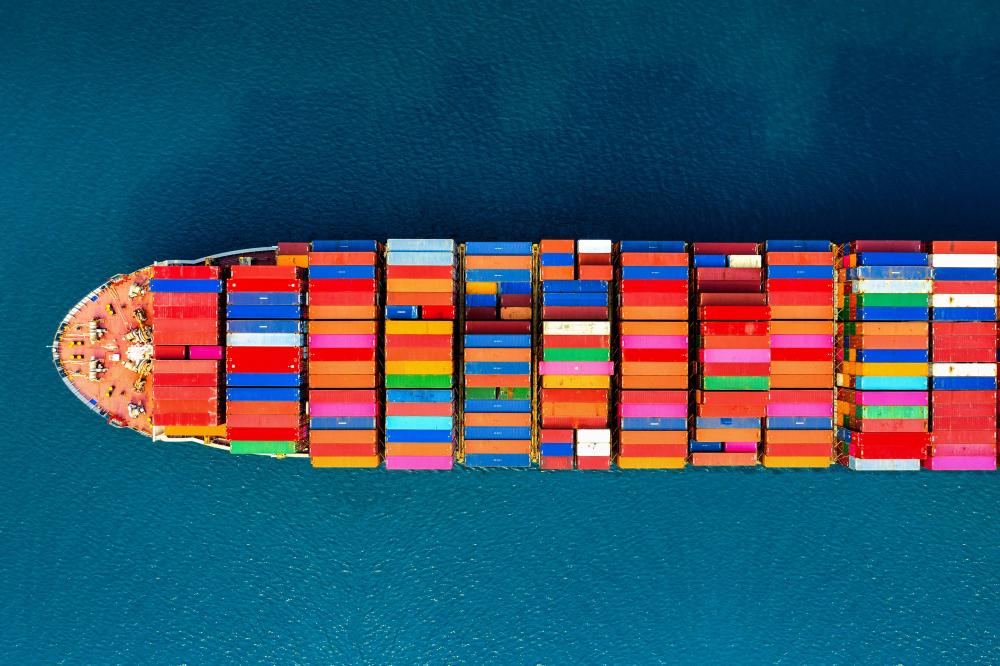Starting in October 2024, the Single Import Declaration (DUIMP) will become mandatory, replacing the previous Import Declaration (DI) and Simplified Import Declaration (DSI) systems. This change is part of Brazil’s New Import Process, implemented by the Federal Revenue Service, which aims to simplify, modernize, and optimize customs operations. However, this transition also presents challenges for companies that must adapt to the new system to avoid significant impacts on their operations.
What is DUIMP and why is It important?
DUIMP was created to centralize and automate Brazil’s import process, integrating different stages and streamlining the flow of information between companies and the Federal Revenue Service. One of the primary goals is to reduce customs clearance times by up to 40%, potentially resulting in significant operational cost reductions, particularly those related to the storage of goods.
This transition to DUIMP also seeks to enhance the efficiency of Brazil’s foreign trade by improving control over operations and compliance with international regulations. By centralizing information into a single system, companies will have greater visibility and control over their import processes.
Key changes with the implementation of DUIMP
The main change that DUIMP brings is the pre-registration of product information. Unlike the previous system, where data was entered directly into the declaration, now information such as product descriptions and tariff classifications must be pre-registered in the Product Catalog. This requires greater organization and internal alignment within companies, especially in departments like engineering, procurement, and tax.
These changes necessitate adjustments to internal processes. Without proper adaptation, businesses may face significant risks, such as the inability to properly execute imports, delays that could disrupt production and supply chains, and even penalties due to inaccurate information submission.
Challenges and risks of transitioning to DUIMP
While the Federal Revenue Service adopted a collaborative approach during the development of DUIMP, allowing the private sector to participate in testing and validation, many companies are still unprepared for this change. Adapting to the new system requires investments in technology, staff training, and a review of operational workflows.
Companies that fail to adapt to the new system may encounter risks such as:
- Inability to execute imports properly, which could directly affect the availability of raw materials and products for production.
- Supply chain delays, compromising deadlines and client contracts.
- Fines and penalties due to incorrect information submission or non-compliance with the new rules.
These risks can lead to significant financial impacts, affecting the competitiveness and financial health of companies. Therefore, it is crucial for managers to understand the importance of anticipating these changes and beginning the adaptation process as soon as possible.
How technology can help with DUIMP adaptation
Adapting to the new system may seem challenging, but technology can be a powerful ally. Technological solutions that automate the filling and validation of data according to the new legal requirements can simplify the process and ensure greater speed and security in import operations.
Automation systems are essential to ensure that information is transmitted correctly to the Single Foreign Trade Portal, avoiding errors that could result in fines or delays. These tools also enable the integration of internal company departments, such as logistics, tax, and procurement, ensuring that all necessary data is available and updated for pre-registration in the Product Catalog.
Specialized companies, like CLM Controller, offer management solutions that assist in adapting to the new process. These systems not only facilitate the filling of declarations but also keep companies informed about Federal Revenue updates, ensuring they remain compliant with the latest regulations.
DUIMP implementation timeline
The implementation of DUIMP will be gradual, following the schedule established by the Federal Revenue Service. By October 2024, all import operations must be fully adapted to the new system. During this period, the Federal Revenue Service will continue to evolve the system, integrating new modules and functionalities to further enhance the process.
Some key milestones in this timeline include:
- January 2024: Expansion of system functionalities, including improvements to the electronic document attachment module and the Product Catalog.
- October 2024: Mandatory use of DUIMP for all import operations, completely replacing the previous system.
This timeline emphasizes the importance of companies starting their preparations as early as possible to ensure they are ready for the transition when the requirement takes effect.
Conclusion
The implementation of DUIMP represents a milestone in the modernization of Brazilian foreign trade, bringing several benefits, such as reduced customs clearance times and centralized information in a single system. However, to take advantage of these benefits, companies must quickly adapt to the new requirements.
Investing in technological solutions that automate the import process and ensure compliance with regulations is essential to minimize risks and avoid negative impacts on operations. Furthermore, relying on the support of specialized companies, such as CLM Controller, can make a significant difference in the transition to the new system.
Companies that adapt quickly to DUIMP will be better prepared to compete in the global market, ensuring greater efficiency, security, and compliance in their import operations. Don’t wait until the last minute—start planning your adaptation now and be ready for the mandatory requirements that will take effect in October 2024.



0 Comments